Discovering the expenses associated with hooking up utilities is essential for homeowners and renters alike. This article will explore the typical costs of connecting electricity, water, gas, and Internet services.
Understanding these fees will help you plan your budget efficiently and make informed decisions about your new property!
How Much Does It Cost to Hook Up Utilities?
Starting anew on a new piece of land might entail beginning utility setups from the ground up, costing owners anywhere from $6,225 to $34,550. Typically, the average expense for utility connections reaches $20,387.
However, factors like land location, topography, and soil type play significant roles in determining the final costs for establishing your utilities.
What Are the Advantages of Hooking Up Utilities?
Hooking up utilities is an essential process when moving into a new property or starting afresh on a new piece of land. From electricity and water to gas and Internet services, these fundamental utilities provide the backbone of modern living.
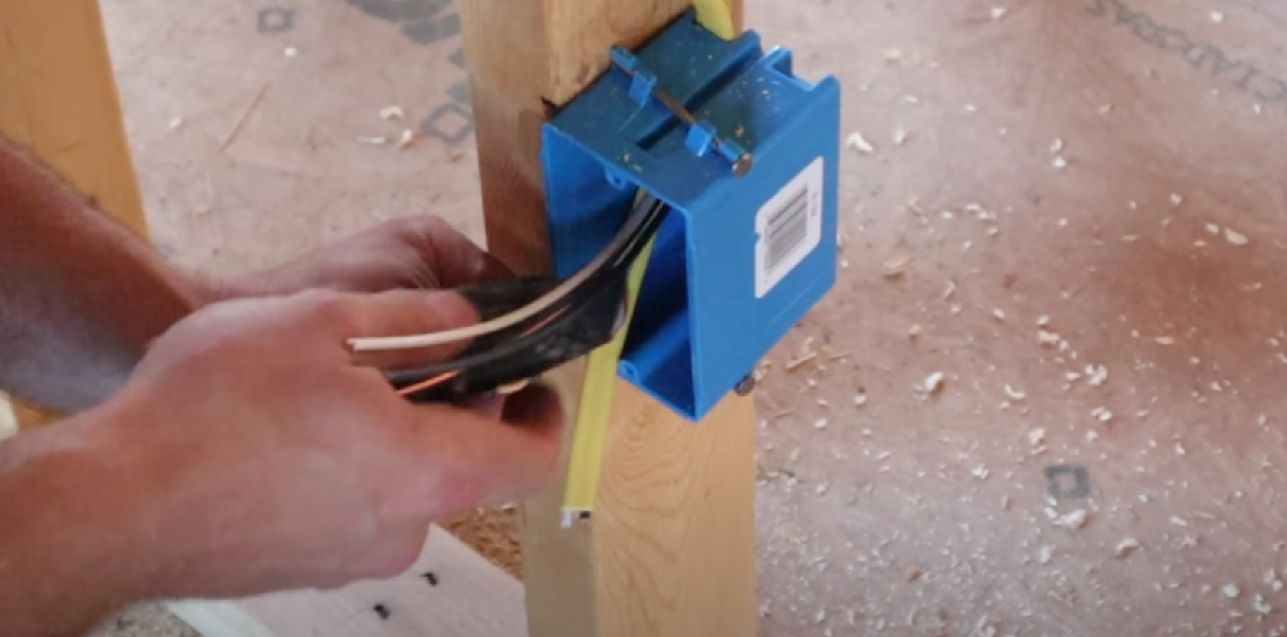
Below are the various advantages of connecting utilities to your property, highlighting the convenience, comfort, and overall benefits it brings to homeowners and occupants.
Convenience and Comfort
The primary advantage of hooking up utilities is the convenience and comfort it offers. Access to electricity ensures an uninterrupted power supply for lighting, appliances, and electronic devices, enabling a seamless daily routine.
Running water facilitates daily chores like cooking, cleaning, and bathing, enhancing the overall quality of life. Gas connections provide efficient heating and cooking options, adding to the comfort of a home.
Furthermore, Internet services offer instant access to information, communication, and entertainment, making life more connected and enjoyable.
Cost-Effectiveness
While the initial setup costs might be a consideration, hooking up utilities can be cost-effective in the long run. For instance, having a reliable electricity connection eliminates the need for costly fuel-powered generators or alternative energy sources.
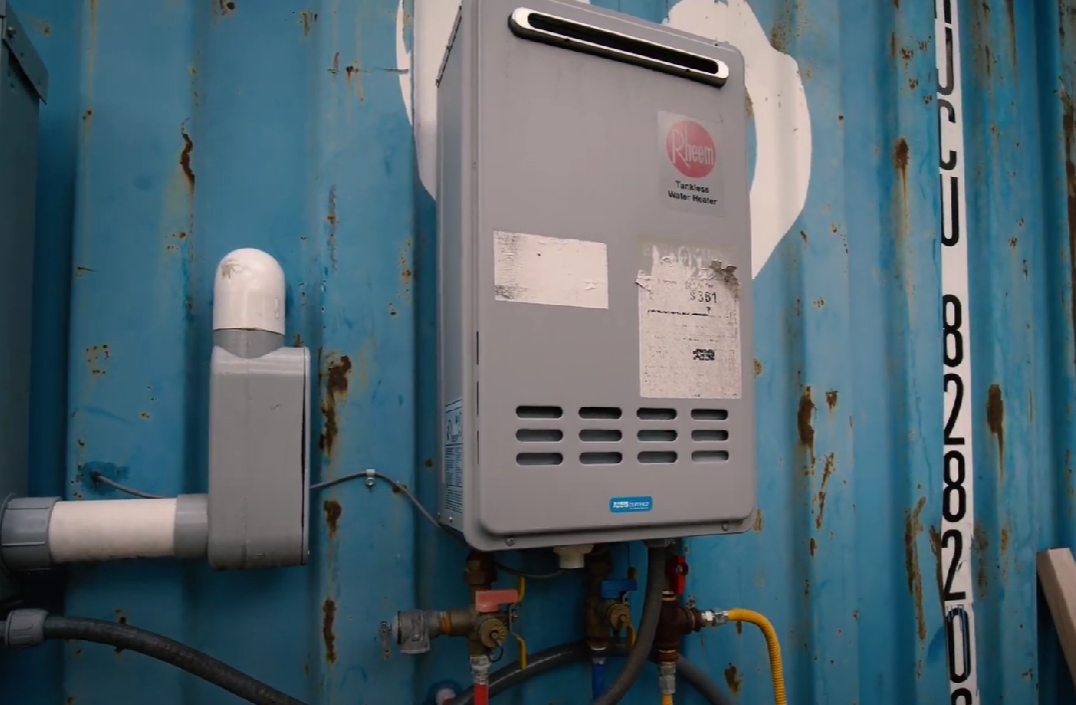
Efficient gas connections can lower heating expenses, especially in colder climates, compared to electric heating systems. Additionally, having running water and a sewage system reduces the reliance on expensive bottled water and septic tank maintenance, respectively.
Overall, investing in utilities saves money and streamlines daily living expenses.
Increased Property Value
Connecting utilities significantly boosts the value of a property. Homes or properties with established utility connections are more attractive to potential buyers or renters, enhancing marketability. Prospective occupants often prioritize properties with readily available utilities, making them willing to pay a premium for such convenience.
Moreover, having utility connections in place demonstrates that the property is developed and ready for occupancy, which adds to its overall appeal and desirability in the real estate market.
Modern Amenities and Lifestyle
Hooking up utilities opens the doors to modern amenities and lifestyle choices. In an electrified home, occupants can enjoy a wide range of appliances, gadgets, and electronic devices that make life more comfortable and efficient.
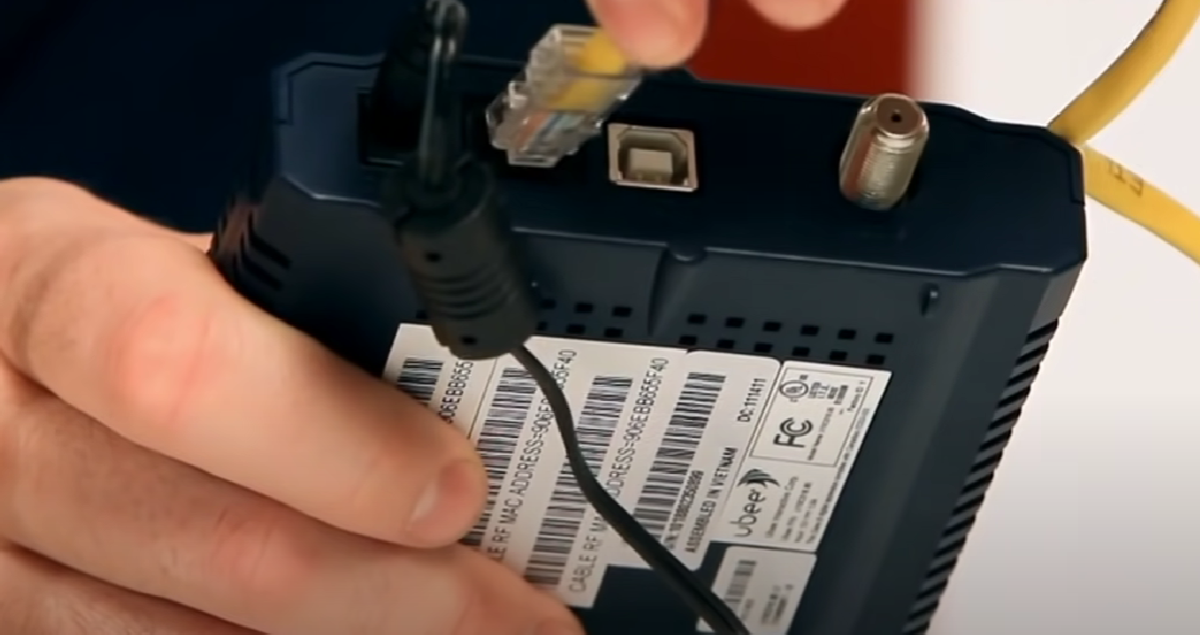
With running water, occupants can access modern bathroom fixtures, kitchen conveniences, and laundry facilities. Gas connections enable cooking with precision and provide quick and efficient heating options.
The availability of Internet services fosters communication, remote work opportunities, and access to a vast array of entertainment choices. These utilities combine to create a contemporary living environment that aligns with the demands of modern life.
Health and Safety
Access to utilities promotes health and safety within a property. Reliable electricity reduces the risk of accidents related to faulty wiring or the use of unsafe lighting alternatives.
Running water ensures proper sanitation and hygiene, minimizing the chances of waterborne diseases and bacterial contamination. Gas connections, when installed and maintained properly, contribute to safer cooking and heating practices compared to traditional open fires or inefficient stoves.
Internet services enable immediate access to emergency information and services, enhancing the overall safety and security of residents.
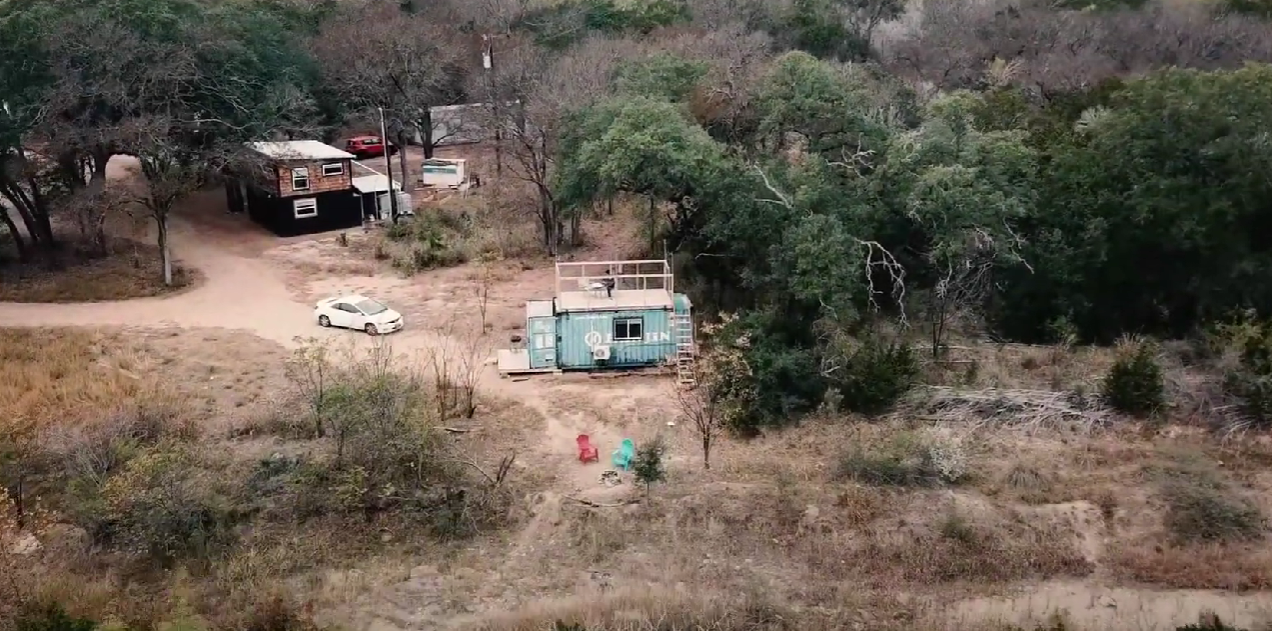
Factors That Affect the Overall Cost of Hooking Up Utilities
Hooking up utilities to a property is a crucial step in ensuring a comfortable and convenient living environment. However, the overall cost of utility connections can vary significantly based on several factors.
Understanding these factors is essential for homeowners and property developers to plan their budgets effectively and make informed decisions. Below are the key elements that greatly affect the overall cost to hook up utilities.
Location and Accessibility
The geographical location of a property plays a significant role in determining the cost of utility connections. Properties in remote or rural areas may incur higher expenses due to the need to extend utility lines over longer distances.
In contrast, urban areas often have existing utility infrastructure, making connections more accessible and cost-effective. Moreover, challenging terrains or areas with difficult topography can increase the overall cost as specialized equipment and extra labor may be required to lay utility lines.
Utility Infrastructure Availability
The availability of utility infrastructure in the vicinity of the property can impact the overall cost of hooking up utilities. Properties located near existing utility lines and distribution networks can benefit from lower connection fees, as the distance to connect is reduced.
On the other hand, properties situated far from utility infrastructure may require substantial investments in extending utility lines and establishing new connections, contributing to higher costs.
Property Type and Size
The type and size of the property also greatly affect utility connection expenses. Larger properties may require more extensive utility networks to cover the entire area, resulting in higher installation costs.
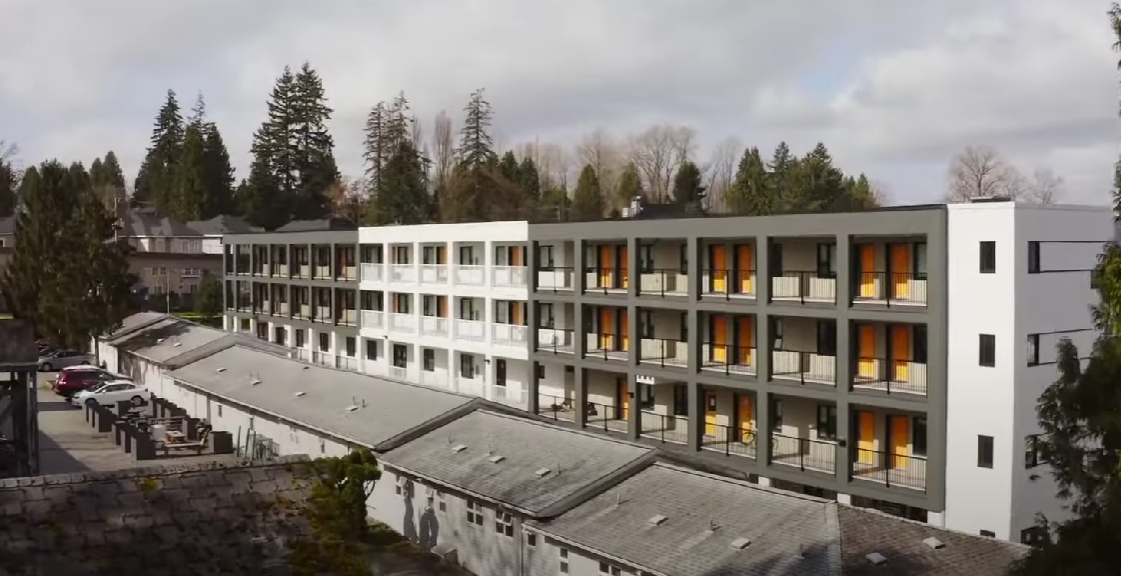
For commercial or industrial properties, the demand for higher power capacities and specialized utility needs can significantly impact the overall cost.
Similarly, multi-unit developments or housing complexes may necessitate additional infrastructure to cater to multiple units, driving up the cost of utility connections.
Specific Utility Requirements
The types of utilities required for the property can influence the overall cost. Basic utilities like electricity, water, and gas are common necessities, but specific requirements may vary based on the property’s purpose.
For example, residential properties might need standard electrical connections, while commercial properties may require higher voltage capacities for industrial equipment.
Additionally, properties in regions prone to extreme weather conditions may require specialized utility setups to ensure resilience and reliability, adding to the overall cost.
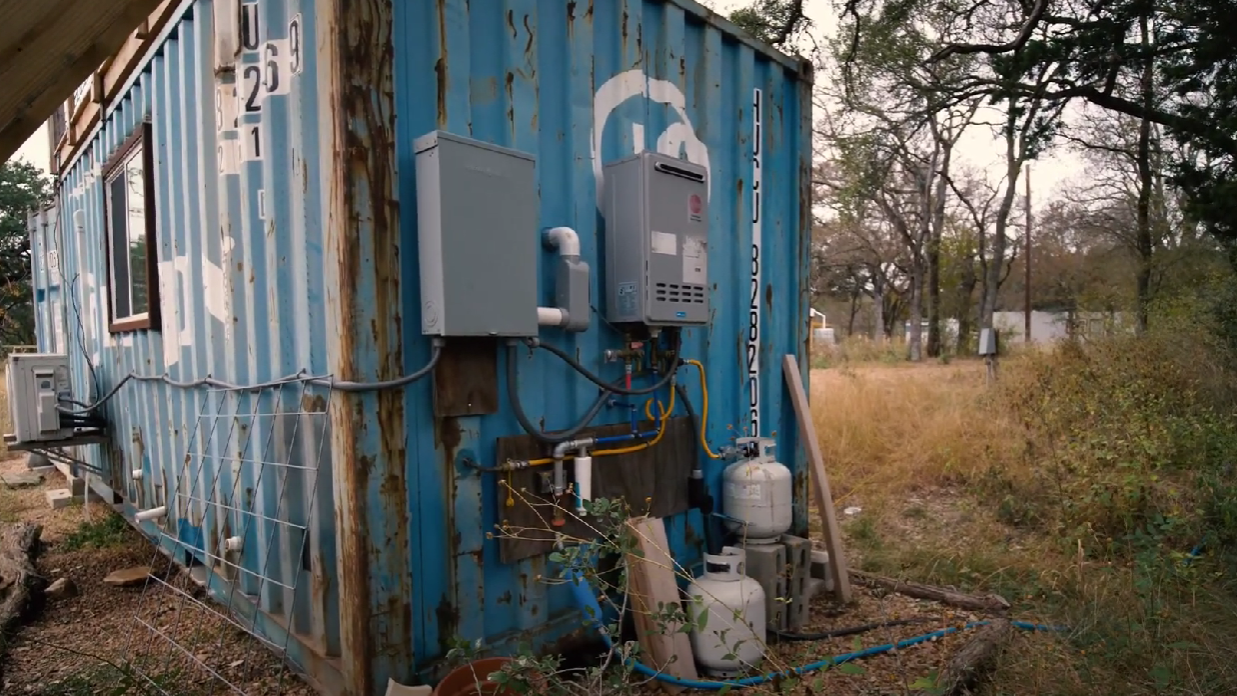
Permits and Regulatory Compliance
Obtaining necessary permits and complying with regulatory standards are crucial steps in utility hookups, and they can impact the overall cost. Different jurisdictions may have varying permit fees and requirements for utility installations.
Failure to adhere to regulations can result in delays, penalties, and additional expenses for corrections and reevaluations.
Condition of Existing Infrastructure
For properties with pre-existing utility connections, the condition of the infrastructure plays a role in determining the cost. If the existing infrastructure is outdated, damaged, or not up to code, repairs or upgrades may be necessary, increasing the overall expenses.
Assessing the condition of existing utilities before the hookup process begins is essential for accurate cost estimation.
Utility Service Providers
The choice of utility service providers can also influence the overall cost of hooking up utilities. Different providers may have varying connection fees, installation charges, and ongoing service costs.
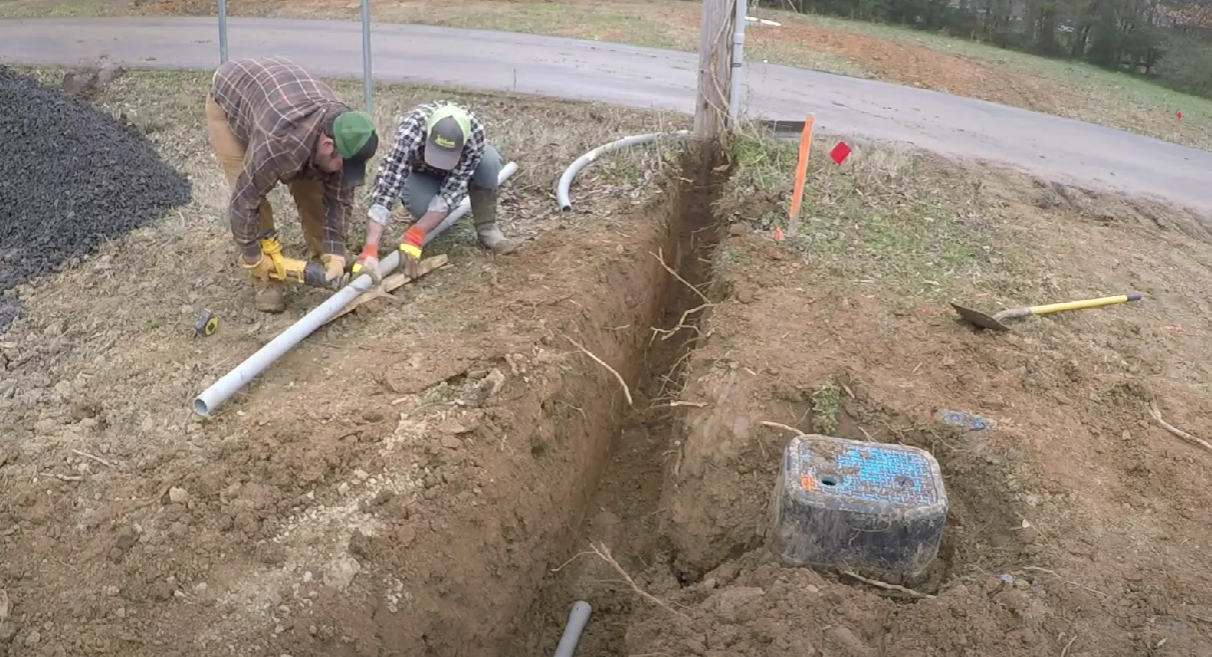
It is advisable to research and compare multiple service providers to find the most cost-effective options.
How Long Does It Take to Put in Utility Connections?
The time required to put in utility connections can vary depending on several factors. Typically, the process can take anywhere from 6 to 12+ weeks.
For properties located in well-developed urban areas with existing utility infrastructure nearby, the installation process is generally faster and more straightforward.
In such cases, utility companies may be able to connect services within a few days or a couple of weeks. On the other hand, properties in rural or remote areas may require more time due to the need for extending utility lines over longer distances and dealing with challenging terrains.
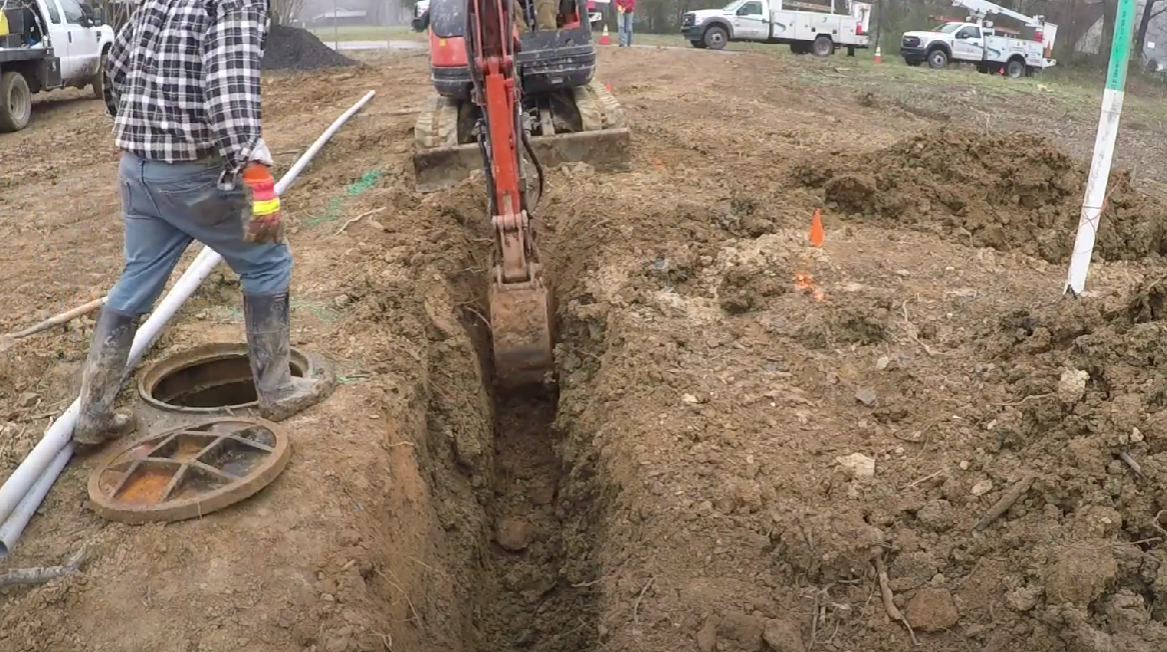
Additionally, obtaining necessary permits and complying with regulatory requirements can also impact the timeline. Moreover, the type and complexity of utilities required, such as electricity, water, gas, and Internet, can influence the overall duration.
To get a more accurate estimate [1], it’s best to consult with local utility providers and contractors who can assess the specific property and provide a timeline tailored to its unique circumstances.
Who Can Connect Your Utilities When You Build a Home on New Land?
When building a home on new land, utility connections are typically facilitated by the homeowner or the property developer. Homeowners or developers need to coordinate with the relevant utility companies or service providers to initiate the connection process.
Depending on the location and existing infrastructure, multiple utility providers may be involved, such as electricity companies, water and sewage authorities, gas providers, and Internet service providers.
It is essential to contact these utility companies in advance to schedule installations, obtain necessary permits, and ensure a smooth and timely connection of utilities to the new property.
Conclusion
The cost to hook up utilities can vary based on location, property type, and specific utility requirements. Understanding these factors is crucial for budget planning and making informed decisions when connecting utilities to a property.

